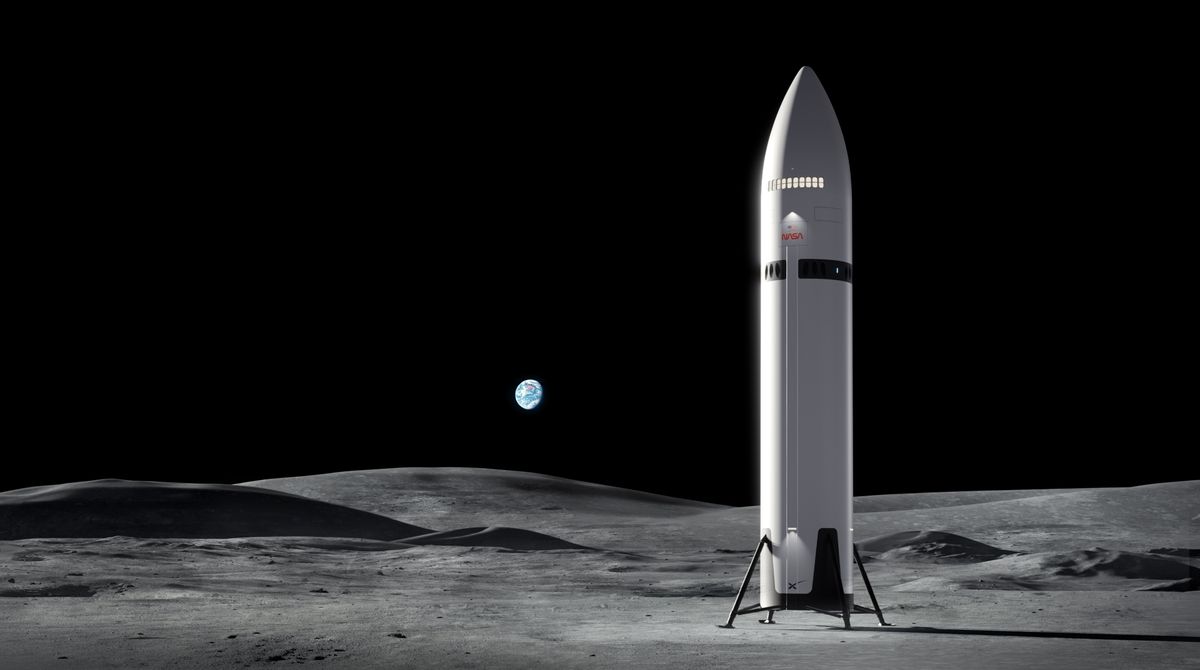Bussiness
OpenAI has 4 big challenges it needs to conquer in its quest for AI dominance
OpenAI’s bumpy year just got a little rougher.
On Wednesday, OpenAI lost its Chief Technology Officer, Mira Murati. Following CEO Sam Altman‘s brief ousting last year, Murati had been the company’s unofficial spokesperson and face.
The announcement that Murati is on her way out was followed by two more high-level departures: Barret Zoph, the VP of research, and Bob McGrew, chief research officer, both announced their exits on X.
All this comes at a critical time for OpenAI. It’s in the middle of a mega fundraising round that could take it over the line of a $150 billion valuation. The company has also been trying to attract juggernaut investors like Microsoft and Nvidia to raise $6.5 billion in capital.
Here are four of the key challenges OpenAI is now up against.
A spokesperson for OpenAI did not immediately respond to a request for comment from BI.
OpenAI bleeds C-suite executives
As OpenAI chases a massive fundraising round, the startup continues to deal with a staff exodus.
Murati’s departure adds to the growing list of key employees leaving the company. Of the 11 cofounders of OpenAI from 2015, only Altman, Greg Brockman, and Wojciech Zaremba remain.
OpenAI president Brockman is on an extended leave until the end of the year. Ilya Sutskever, the company’s cofounder and chief scientist, announced his departure from the company in May. In August, tech outlet The Information reported that OpenAI’s cofounder John Schulman and Peter Deng, the vice president of consumer product, left the startup.
In October, Wired magazine ran a cover that featured Altman, Murati, Brockman, and Sutskever posing together and dubbing them the “AI overlords.” A year later, only one of those four remains active at the company.
“A CEO needs a team to run a complex organization,” James Park, a corporate law professor at the University of California, Los Angeles, told Business Insider. “Without a C-suite, I’d be concerned that the CEO will not be able to make informed decisions about the myriad of issues that arise in running a corporation.”
Employees at OpenAI were also caught off guard by Murati’s announcement, prompting “wtf” responses in the company’s Slack, Bloomberg reported.
Gene Munster, a tech analyst and managing partner at Deepwater Asset Management, told BI that Murati’s departure comes at an unsual time.
“The timing is strange given that OpenAI is in the process of raising much dough,” he said. “Usually that doesn’t happen. She’s been Altman’s right-hand person.”
The glaring void in OpenAI’s C-suite has become the social media joke of the moment among VCs.
Altman said on Wednesday that, as far as he’s concerned, “leadership changes are a natural part of companies, especially companies that grow so quickly and are so demanding.”
“I obviously won’t pretend it’s natural for this one to be so abrupt, but we are not a normal company, and I think the reasons Mira explained to me (there is never a good time, anything not abrupt would have leaked, and she wanted to do this while OpenAI was in an upswing) make sense,” Altman wrote on X.
OpenAI’s conversion to a for-profit company — and a big Musk lawsuit
Soon after Murati’s announcement, Reuters reported that OpenAI’s nonprofit board will no longer control the company’s for-profit sector, citing anonymous sources familiar with the matter.
The nonprofit side of OpenAI will still exist and have a minority stake in the for-profit company, the sources told Reuters.
“The change to a for-profit governance structure is not surprising,” Park, the corporate law expert, told BI. “Given the ambitions of OpenAI, a non-profit structure has been too constraining. To raise investor funds, OpenAI will have to generate profits.”
The debate over whether OpenAI should be a for-profit company has been a bone of contention for one very vocal tech industry bigwig — Elon Musk.
Musk, one of the cofounders of OpenAI, revived his lawsuit against the company in August. Musk is now accusing OpenAI of deceiving him into co-founding the firm. Musk’s lawyers have also alleged that Altman was part of a “long con” to convince Musk that OpenAI would be a nonprofit that would build a safe AI to benefit humanity.
OpenAI, in response to Musk’s renewed legal battle against it, told Business Insider in an August statement: “As we said about Elon’s initial legal filing, which was subsequently withdrawn, Elon’s prior emails continue to speak for themselves.”
Critics are getting louder
OpenAI’s switch-up to its corporate governance leaves room for the startup to adhere to its touted mission of benefiting humanity.
But the new structure also raises new risks and some OpenAI critics say it gives further credence to the argument that Altman is not truly invested in building a safe AI.
Gary Marcus, the founder of machine-learning company Geometric Intelligence and the former head of Uber’s AI lab, wrote in an August column for The Guardian that Altman has repeatedly misled the public about his financial stake in OpenAI and that the CEO’s company has been quietly lobbying for weaker global regulations.
“We simply can’t trust giant, privately held AI startups to govern themselves in ethical and transparent ways,” Marcus wrote. “And if we can’t trust them to govern themselves, we certainly shouldn’t let them govern the world.”
Under the new structure, OpenAI’s for-profit arm would no longer be beholden to the nonprofit board, and Altman, for the first time, would receive equity, sources told Reuters.
“They are jettisoning any layer of oversight that might make them responsible to humanity,” Marcus told BI in an email. “How could that not be worrying?”
Park, the corporate law expert, told BI that the for-profit governance structure could also leave OpenAI vulnerable to greater government scrutiny.
“The danger is that there will be a stronger argument for government scrutiny of the company’s efforts because of the concern it will take unacceptable risks in pursuing profitability,” he said.
A growing field of competition
As the company hopes to attract and retain top talent, OpenAI also faces several formidable competitors, including Meta and Musk’s xAI, which just got a new supercomputer factory.
Meta launched its latest iteration of its language model, Llama, in July. CEO Mark Zuckerberg has been praised for its open-source model.
Musk’s xAI is also starting to play catch-up with rivals after the company debuted its supercomputer, Colossus. Musk says Colossus is powered by 100,000 Nvidia chips.
Munster, the tech analyst, told BI that Murati’s resignation represents a huge loss for OpenAI — but it doesn’t alter the company’s trajectory or its leads in the race to artificial general intelligence.
“OpenAI is in the lead now and I don’t think this changes it,” he said.
Murati’s exit, the analyst added, wouldn’t have the same impact as it would if Altman were to leave the company. When Altman was suddenly ousted by the board last November, dozens of employees responded on X with a heart emoji, signaling solidarity with their CEO.
“Sam Altman is bigger than the company,” Munster said. “That would be a big deal. There would be a mass resignation. But beyond that, you’re not gonna have mass resignation just cause (Murati’s) leaving. The company’s on a great track. They’re going to retain the talent. And they’re probably going to win the AI race.”








